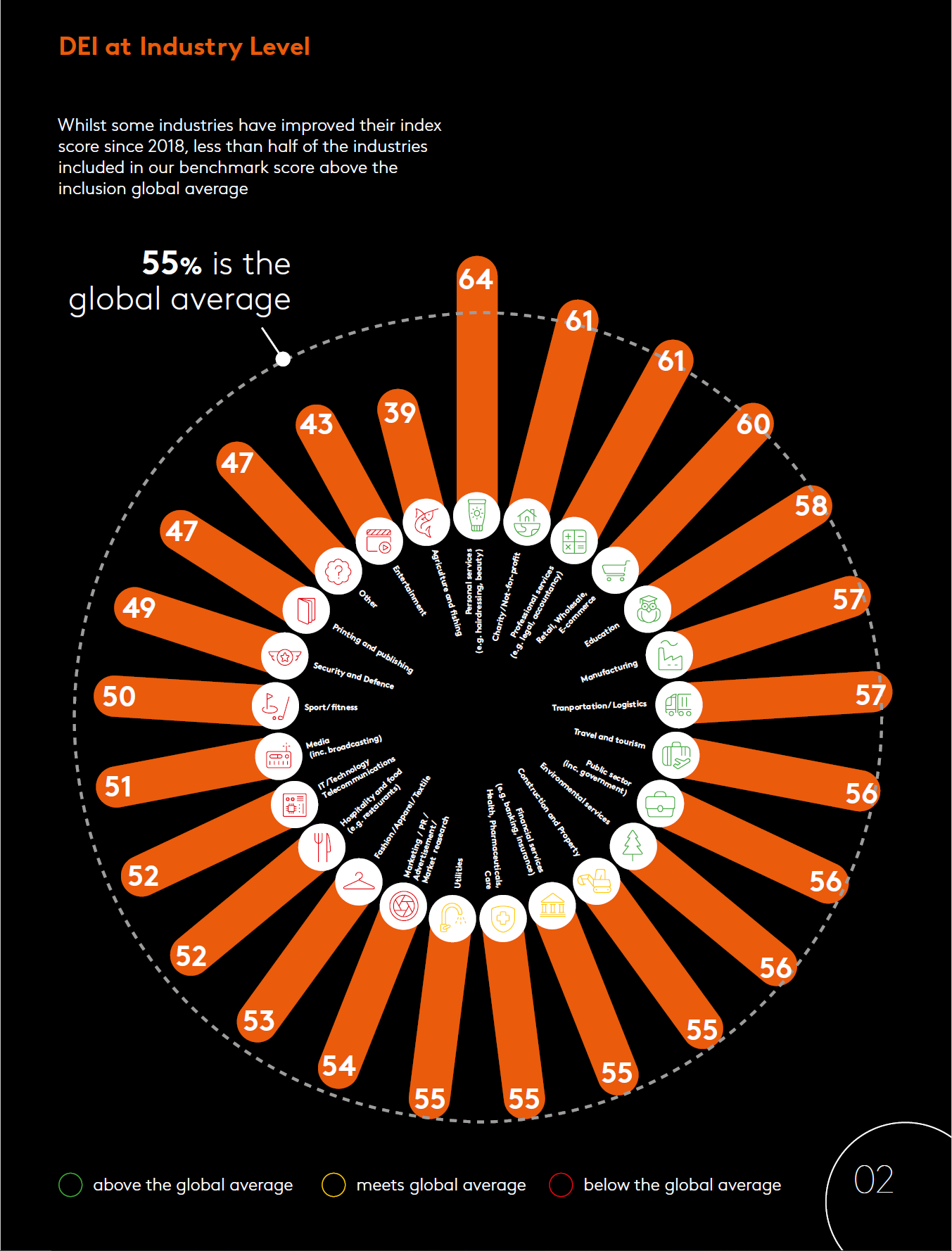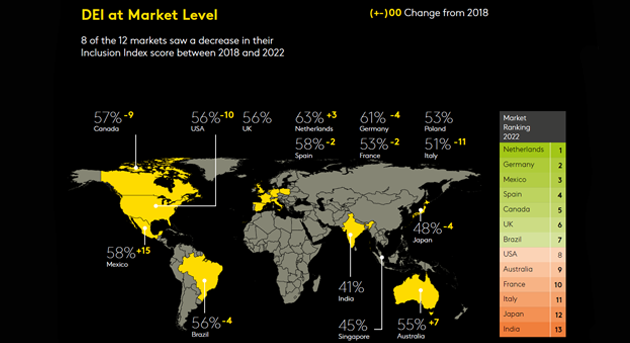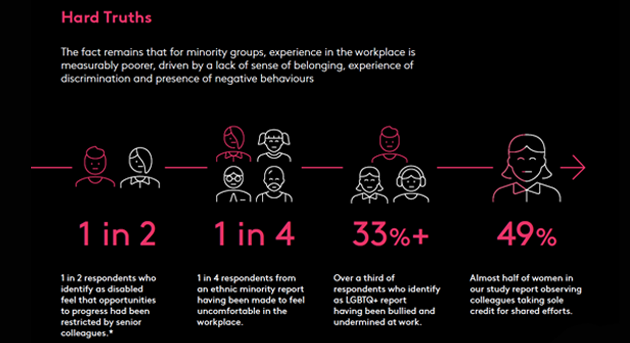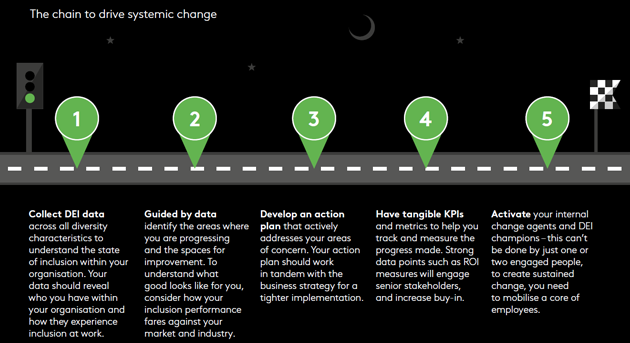Get your people on board
While every journey to customer-centricity is different, the enablers are reassuringly constant. The vision and strategy, the tools and data, the processes and governance: these are all prerequisites of a successful transformation process. Though none of it matters if your people aren’t on board.
10% is managing customer experiences and 90% is culture. Start with your VoC programme, tools, processes, measures and metrics. But don’t forget about your people.
In many organisations, change is driven from the top, down. However, embedding customer-centricity in the very fabric of an organisation requires buy-in from the bottom, up. To deliver effectively on a strategy, boards need every employee to believe in and sign up to it. Because when they do, and when everyone is aligned to a common goal, customers begin to notice.
How do you align hundreds (if not thousands) of diverse employees behind a single strategic vision? You embrace diversity with open arms, you listen to and reflect the different voices, and you make people feel they belong.
Time to Act: The Power of Now
While the last few years have seen social justice movements take centre stage, and diversity, equity and inclusion (DEI) initiatives (rightly if belatedly) fast-tracked to the top of the business agenda, what has been the impact on employees – and on customers?
Kantar has developed an Inclusion Index to enable organisations to understand, measure and track their progress in developing an inclusive workplace on a global scale. However, despite the millions that have been spent on DEI initiatives in recent years, results suggest that progress has stalled, and fatigue set in.
- At a market level, eight out of twelve markets saw a decrease in their Inclusion Index score between 2018 and 2022.
- At an industry level, less than half of the industries included in our benchmark scored above the inclusion global average of 55%.

It’s not all doom and gloom
There are, however, some reasons to be hopeful. 71% of respondents believe their company is actively taking steps to be more diverse and inclusive and 36% of respondents agree they have personally benefitted from DEI in their organisation. Employees’ expectations are shifting, and businesses have to work harder to reach the new bar. Campaigns and events are great, but they’re not sufficient for driving the systemic change that’s needed if we’re to see real, meaningful progress.
Time for bold action
It’s time for systemic change - organisations need accurate inclusion data and a system of measuring impact and tracking progress. Only then, when DEI is treated like the core enabler of growth and value creation that it is, can employers expect that employees will want to stay working with them. Only then is there the chance that employees will feel loyal to and truly invested in delivering for a company.
Only then, with employees rallying around, might companies find that a formerly disjointed and variable customer experience becomes coherent, predictable and dependable - with customers returning to enjoy it.
Measuring inclusion: How we do it
Using benchmark data
By using benchmark data, we can provide an unbiased perspective on what good looks like and enable the development of an actionable roadmap.
Covering more than 24 industries
In 2022 alone, we have used the data collected to build a vast normative data set that covers over 24 different industries.
With over 12,000 respondents
These norms will evolve alongside society and as more survey responses are added to the data set.
In thirteen countries
Kantar has proprietary data collected in thirteen markets and has done inclusion work in many more.



Download the infographic here and get in touch to find out more about how we can help you drive systemic change in your business.


